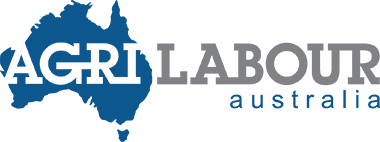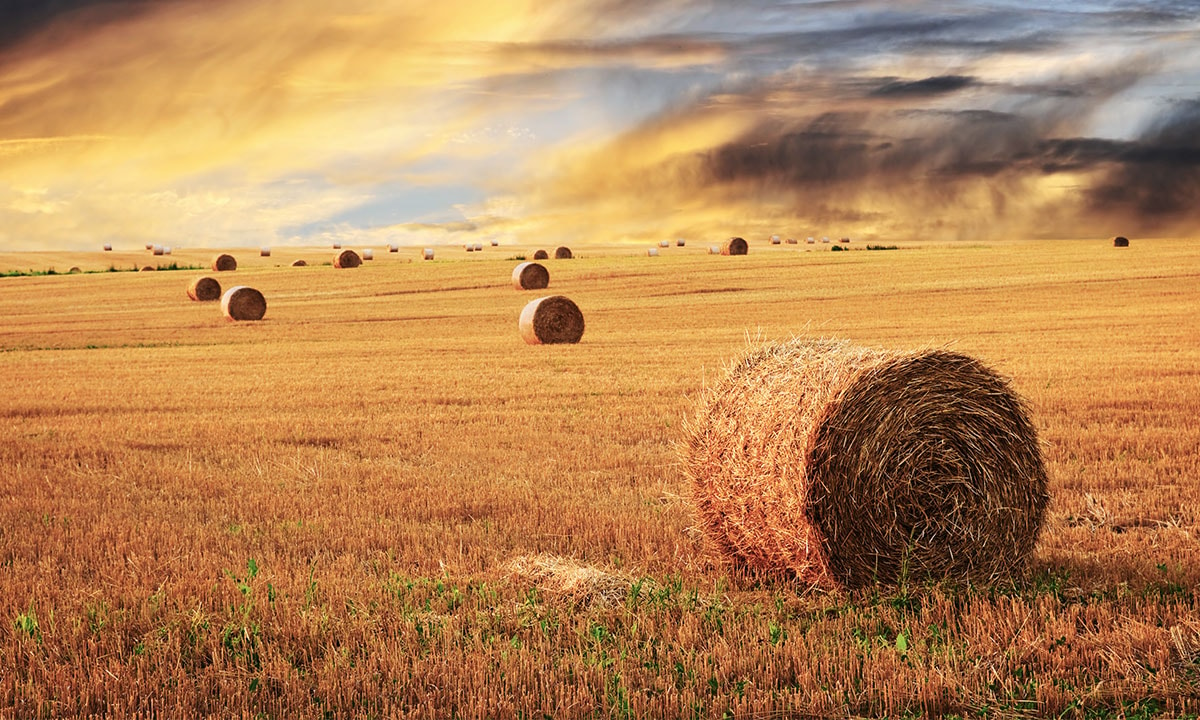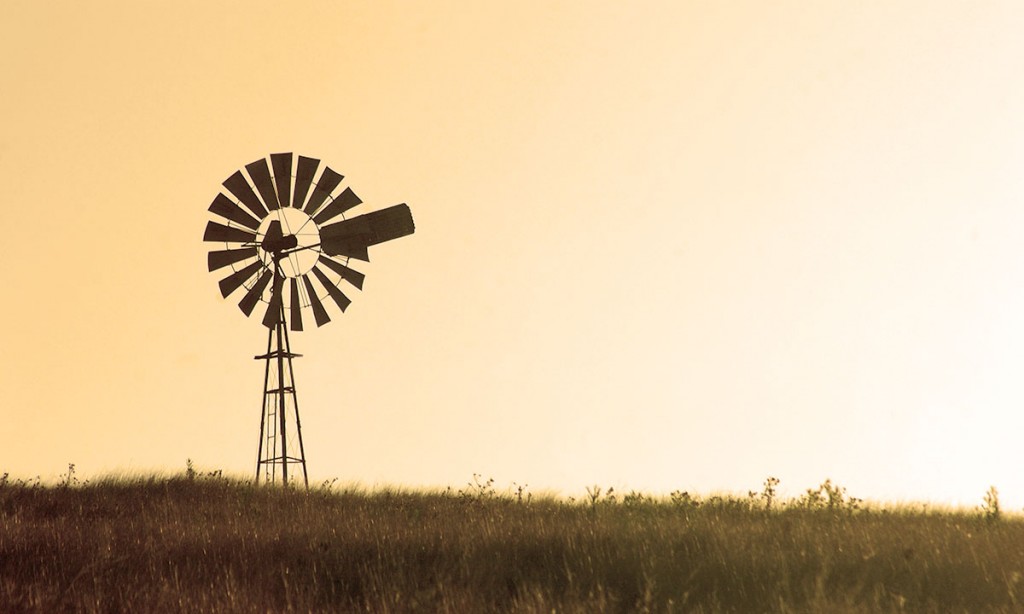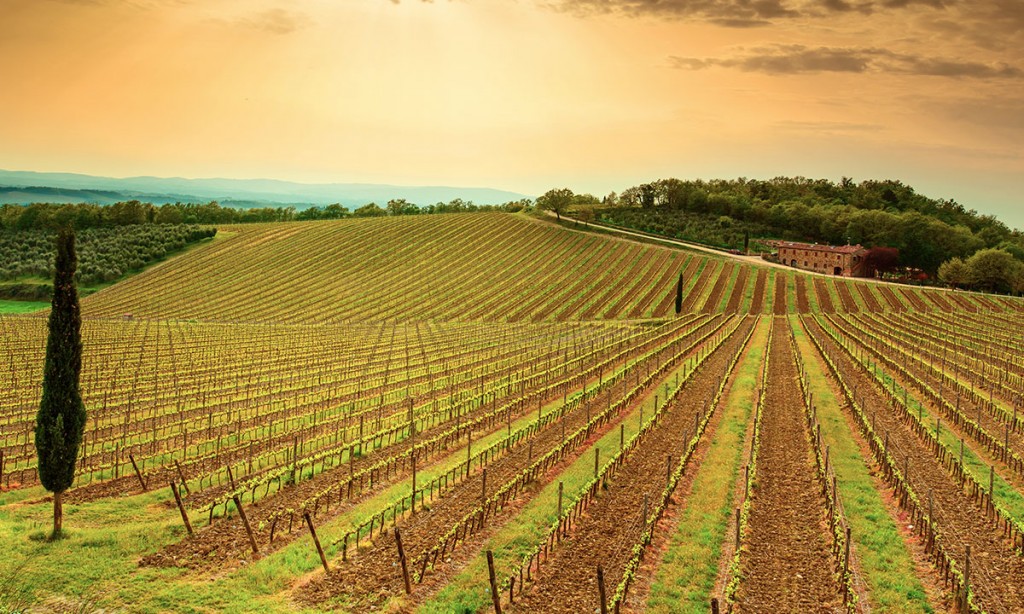Foreign investment in Australian agriculture is a polarizing issue. Much more than just a debate among the agricultural community, it is now a high-stakes political one too.
At the centre of the furore is the government’s recent changes to the way the Foreign Investment Review Board is now looking at foreign entries into land and business interests, which is either going too far, or not doing enough, depending on which camp you listen to.
The second major change is the introduction of a comprehensive register of all foreign-owned land assets. This is generally praised as a step in the right direction, as it gives the industry a better understanding of who owns what, and in what proportions.
So why all the debate? Surely the government has Australian farmers’ best interests at heart?
To shed a little light on the situation, we’d like to share our own experiences of what the farmers on the land are actually doing and saying.
When times are tough, any opportunity is better than none
The Agri Labour Australia team spend a lot of time talking to primary producers about their businesses. In the course of our dealings with them, a pattern has emerged, and it speaks directly to the issue of investment – to be precise, where this investment is coming from.
To put in bluntly, there is an overwhelming majority of farmers (especially smaller, family-run operations) that are feeling the pinch, and in the absence of local Aussie investment injections, they’re turning to foreign investors.
We’ve seen a noticeable rise in farmers – often 3rd, 4th or 5th generation farmers – banding together to form consortiums. They want to increase their land size and portfolio, giving them a better chance of securing foreign investment.
The old notion of the co-operative is alive and well. Where agricultural operators have been struggling to pay down their debt and remain profitable, foreign investment now gives them the breathing space they need. It’s a second chance: a fresh start.
No one can argue that farmers aren’t within their rights to source funding from wherever they can. And yet this is where the political debate is occurring.
Some say it’s great to inject foreign capital and breathe new life into our agricultural industry, while others say we’re selling the farm.
Are we ‘selling the farm’?
The term ‘selling the farm’ is an extremely simplistic way of looking at this issue. In some cases, yes, farmers are selling portions of their land or business holdings to keep cash flowing.
This has been happening forever, and so has foreign investment in Australian agriculture. It seems that the root of the uproar isn’t because farmers are selling assets – it’s because they aren’t selling them to Australians.
Maybe some of them are ‘selling the farm’. But if buyers aren’t coming from within Australia, where are our farmers to turn?
The bigger political picture
Once we start talking about large swathes of our economy, it’s inevitable that politicians get involved.
For example, Bob Katter has put himself in the middle of the debate, stating that this is now a political issue and that the only solution is political.
Katter criticises the Sino-Australian Free Trade Agreement, saying that Chinese workers are allowed into Australia to work at unregistered Chinese-owned farms. He says that neither major party is standing up for Aussie farmers.
This is where it gets confusing. If farmers are themselves choosing to accept foreign investment, aren’t they standing up for themselves already? Aren’t they aware of the benefits and risks involved in bringing large-scale foreign interests into Australia’s food bowl?
Aside from our little guys teaming up to secure investment, what about huge companies like S. Kidman & Co also hunting foreign buyers? What about their portfolio of 11 cattle stations, including the 23,000 square km Anna Creek Station (the largest in the world) going to a Chinese buyer?
When this amount of money and food security is involved, it’s no wonder that this has become such a politicised issue.
Is foreign ownership such a big deal?
Much of Australian agriculture’s recent success has come from new markets such as Indonesia, and elsewhere in South East Asia. Net export means revenue, and this is what we’ve seen.
However, some are fearful that we’re giving too much of our assets away. They’re worried that everything will be snapped up by foreign money, and all those profits will start being funnelled out of Australia.
This is a legitimate concern, and it’s why the ATO’s land register has been implemented. Until the final figures come back, all we have to go on is the ABS.
In it’s last Agricultural Land and Water survey (which was criticised by some), the ABS reported that just under 90% of all farmland is owned by Australians, while 99% of businesses were fully Australian owned. No statistically significant number of Aussie farmers have water access issues either.
At the moment, most Aussie farms are still Aussie-owned and Aussie-run, but this isn’t necessarily a good or bad thing – it’s just the current state of the industry. And it varies from sector to sector, from grain to dairy, from fruit to cattle.
When you get to the bottom of this issue, it becomes clear that the arguments are more about economic protectionism than about protecting farmers’ ability to make ends meet.
Let’s not forget about the farmers
If a farmer sells off some of his assets to a foreign buyer (and getting to that stage is within itself an achievement) then he’ll have to take their interests into account.
He’ll need to have all his books together, he’ll need tighter budgeting and cashflow planning, he’ll need measurable marketing, and the list goes on. In short, he’ll need to operate at the business-oriented level that his investors demand.
In the long run, this can only be a good thing, at least operationally. But the price he’ll pay is that he’ll see less share in the profits, and he’ll have less control over the decision making.
Again, it comes down to the source of the money. If it cannot be found in Australia – then he has no choice but to look overseas unless he wants to go broke and shut up shop.
From a bank’s perspective, having a foreign investor is a form of mitigating risk. It means they aren’t the only one with equity at stake. Some say that the injection of foreign money is a shot in the arm that’ll help our farmers stay afloat – and they seem to agree.
Which is more important: the farmer or the industry?
Perhaps we’re looking at this from the wrong angle. Perhaps the government should be doing more to protect farmers from making short-term decisions with long-term ramifications.
What we do know is that the future for Australian agriculture is going to be busy. As the food bowl for Asia and beyond, we’re going to have to meet an increasing level of demand.
The introduction of the foreign land ownership register is a good step towards finding out where we stand right now, but the decisions it helps make in the future need to account for not just the industry, but the farmers too.







